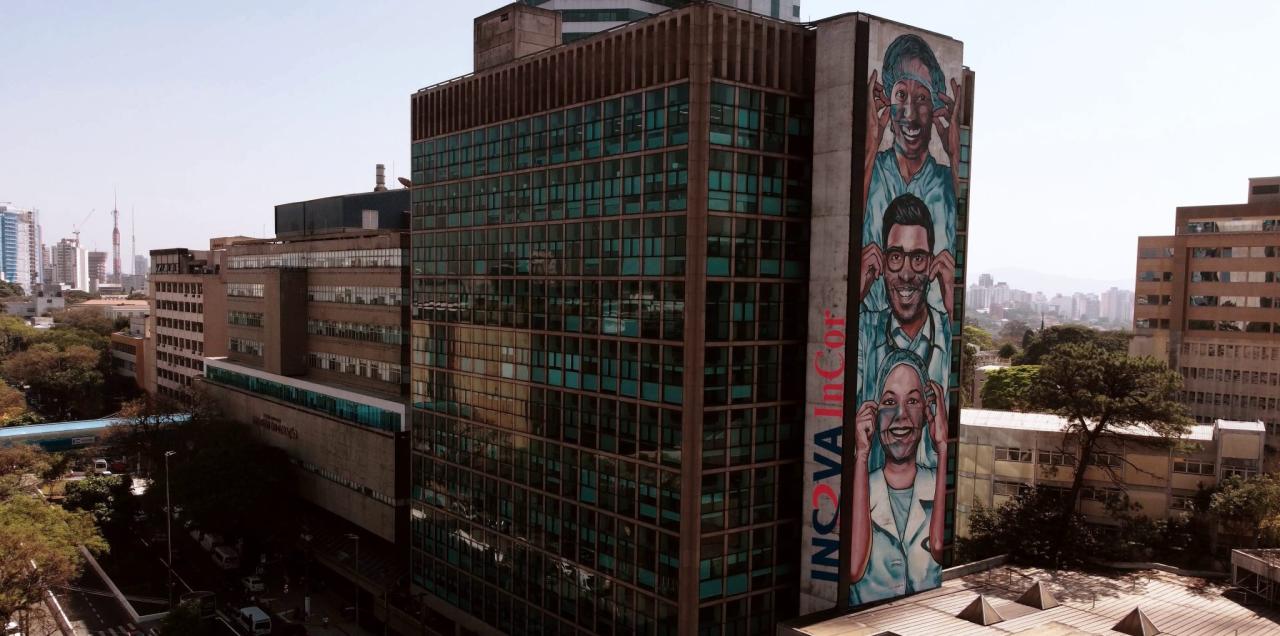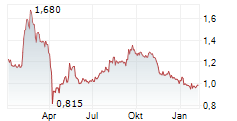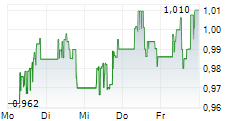
New innovation harnesses the power of artificial intelligence in a wearable IoT device for real-time heart monitoring
NORTHAMPTON, MA / ACCESSWIRE / November 11, 2024 / Lenovo, in partnership with the Instituto do Coração - InCor HCFMUSP - the largest cardiology hospital in Latin America - announces the launch of TRAdA (from portuguese Telemonitoramento Remoto Assistido de Arritmia), an innovative platform that assists in the identification of arrhythmia events. It leverages the power of artificial intelligence in a wearable IoT device for real-time heart monitoring.
In Brazil, over 20 million people suffer from some form of cardiac arrhythmia, a condition responsible for more than 320,000 sudden deaths each year in the country, according to data from the Sociedade Brasileira de Arritmias Cardíacas (SOBRAC). This makes effective monitoring and early intervention crucial. Through a discreet and comfortable wearable device, TRAdA continuously monitors heartbeats and the heart's electrical signals, using advanced AI algorithms to identify potential arrhythmia events in real time. During telemonitoring, critical alerts are sent to a designated monitoring panel, allowing healthcare professionals to have an overall view of the patient and to intervene quickly and efficiently.
Technologically validated within InCor through 3 clinical development steps involving 253 participants, TRAdA has proven to be a comprehensive and innovative technological solution for remote patient monitoring and care. In step 3 of the project, a proof of concept was carried out to test the solution in 51 patients in the postoperative period of cardiovascular surgery, aiming to identify the occurrence of arrhythmias when the patient was in their home environment. Once again, TRAdA demonstrated its effectiveness by identifying arrhythmia episodes and generating alerts that allowed for accurate diagnosis and appropriate treatment.
The critical 72-hour period after hospital discharge, identified by Brazilian cardiac research, is particularly vulnerable to complications, and Lenovo's solution offers essential support during this window. "We see an opportunity in a significant and untapped market in Brazil to prove a more cost-effective and efficient arrhythmia risk management solution. We believe that this innovative approach will not only contribute to saving lives but also enhance healthcare system resources by helping to reduce costs and improve the quality of care." explains Ricardo Bloj, President of Lenovo Brazil.
Through its commitment to scientific rigor, technological innovation, and a patient-centered approach, Lenovo aims to revolutionize arrhythmia detection and treatment, saving lives and improving the quality of life for millions of people worldwide. "After successful market validation in Brazil, we plan to expand our solution to new markets in Latin America over the next two years, ensuring that our system is adapted to the specific demographics and regulatory landscape of each region," he says.
"Innovation in healthcare is not just about new ideas, products, and solutions, but also about how we can integrate them into patient care and overcome present challenges of patient engagement in their treatment journey, such as the remote monitoring of physiological parameters that identify potential arrhythmias. If these events are diagnosed more quickly, preventive and corrective actions can be taken early, ultimately resulting in greater patient safety. This is one of the key motivators for this partnership with Lenovo - to create collaborative bridges that foster synergistic innovation" comments TRAdA project lead researcher, Prof. Fabio B. Jatene, VP of InCor and coordinator of InovaInCor.
Explored Experiences
Vitória - 26 years old, no prior history of cardiovascular disease
In February 2024, during the clinical Phase 2 of the TRAdA project, the patient was remotely monitored for 7 days and spontaneously reported a symptom of "palpitation" through a symptom reporting app. The clinical team, upon identifying a correlation between the electrocardiographic signal registered on the platform and the symptom report, conducted a teleconsultation for evaluation. Subsequently, the medical team identified that the patient had supraventricular tachycardia, leading to a recommendation for an ablation procedure to correct the arrhythmia. One month after the intervention, the patient was asymptomatic, with no further complaints.
Adão - 56 years old, with associated comorbidities, no prior history of arrhythmia
After treating mitral insufficiency at InCor and undergoing a successful surgery in February 2024, the patient was included in the TRAdA Project, receiving home telemonitoring for 15 days. During the telemonitoring, he reported palpitations via the study's app, leading to a teleconsultation and subsequent referral to the hospital, where atrial fibrillation was confirmed. The patient required hospitalization and during this stay, he was promptly diagnosed with pulmonary thromboembolism (PTE), a serious condition that can be related to the detected arrhythmia. The telemonitoring allowed for rapid and targeted intervention, highlighting the importance of this technology in post-surgical care.
Vera Lúcia - 64 years old, with prior comorbidities and a history of immediate postoperative arrhythmia
The patient was hospitalized at InCor for cardiovascular surgery and, during the procedure, suffered a cardiac arrest requiring resuscitation. Near the end of the surgery, she experienced an atrioventricular block, resulting in slow and irregular heartbeats, requiring a temporary pacemaker to stabilize the rhythm. In the ICU, she also presented atrial flutter, an arrhythmia that accelerates the heartbeat, successfully corrected by cardioversion. After discharge, she was monitored at home for 15 days, during which an alert indicated an episode of atrial fibrillation, leading to her referral to the InCor Emergency Room, where the diagnosis was confirmed and treated. Due to the event, the telemonitoring was extended for another 15 days, at the end of which the patient reported symptom improvement and no new complications.
About Lenovo
Lenovo is a US$57 billion revenue global technology powerhouse, ranked #248 in the Fortune Global 500, and serving millions of customers every day in 180 markets. Focused on a bold vision to deliver Smarter Technology for All, Lenovo has built on its success as the world's largest PC company with a pocket-to cloud portfolio of AI-enabled, AI-ready, and AI-optimized devices (PCs, workstations, smartphones, tablets), infrastructure (server, storage, edge, high performance computing and software defined infrastructure), software, solutions, and services. Lenovo's continued investment in world-changing innovation is building a more equitable, trustworthy, and smarter future for everyone, everywhere. Lenovo is listed on the Hong Kong stock exchange under Lenovo Group Limited (HKSE: 992) (ADR: LNVGY). To find out more visit?https://www.lenovo.com, and read about the latest news via our?StoryHub.

View additional multimedia and more ESG storytelling from Lenovo on 3blmedia.com.
Contact Info:
Spokesperson: Lenovo
Website: https://www.3blmedia.com/profiles/lenovo
Email: info@3blmedia.com
SOURCE: Lenovo
View the original press release on accesswire.com



